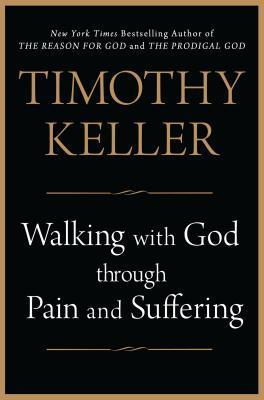Because of this deep human “inner compulsion,” every culture either must help its people face suffering or risk a loss of its credibility. When no explanation at all is given—when suffering is perceived as simply senseless, a complete waste, and inescapable—victims can develop a deep, undying anger and poisonous hate that was called ressentiment by Friedrich Nietzsche, Max Weber, and others.16 This ressentiment can lead to serious social instability. And so, to use sociological language, every society must provide a “discourse” through which its people can make sense of suffering.
Welcome back. Just a moment while we sign you in to your Goodreads account.


